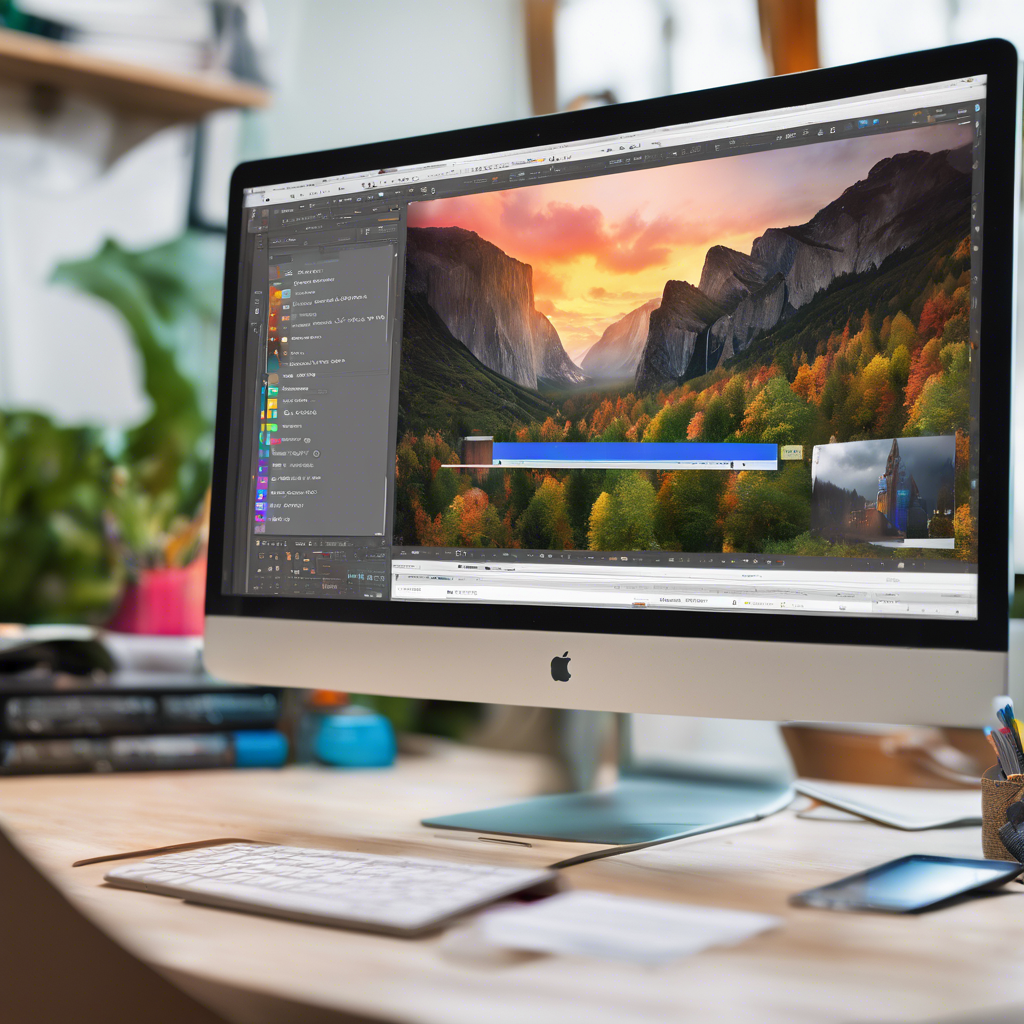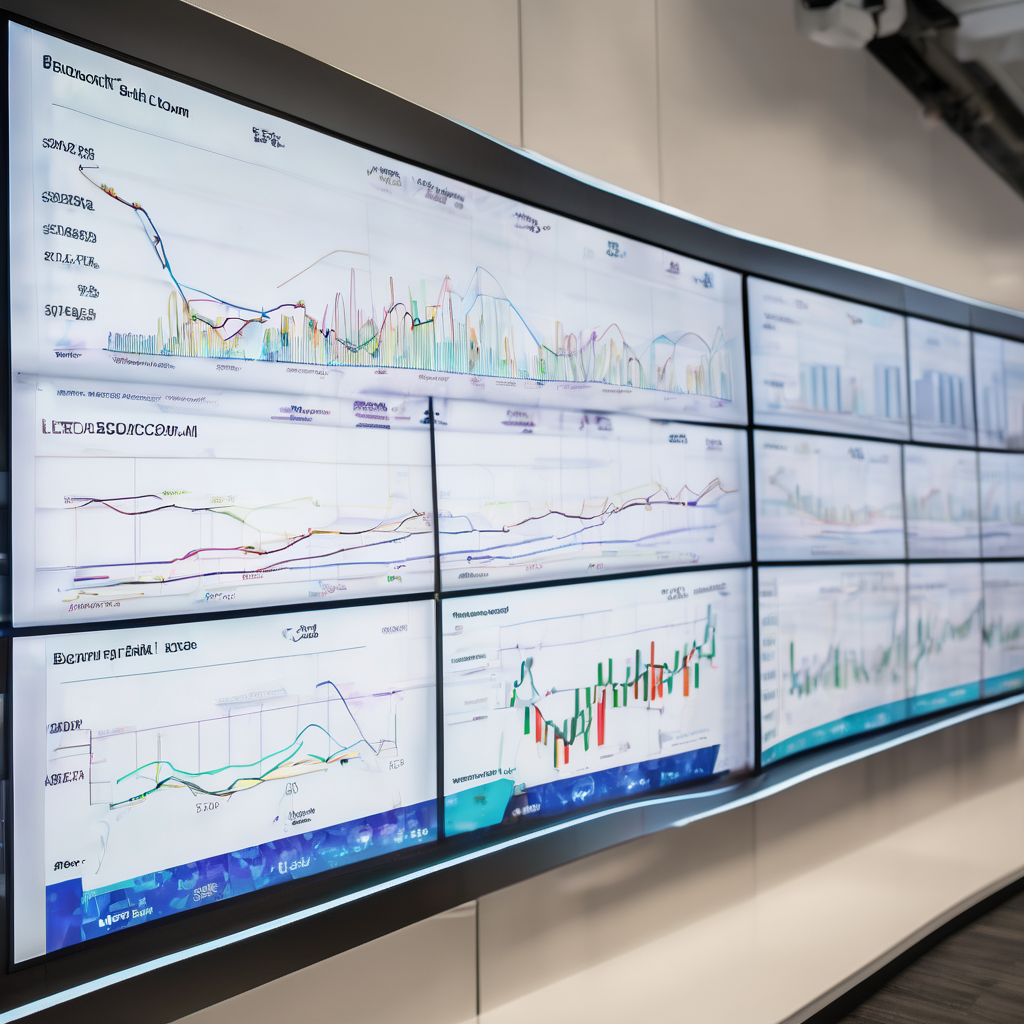
The rise of generative AI has fundamentally altered our trust in photographs, and while we can't reverse this change, the tech industry must strive for maximum transparency regarding the use of these tools. In response, Google has announced that starting next week, Google Photos will indicate when an image has been edited through AI. “Photos modified with tools like Magic Editor, Magic Eraser, and Zoom Enhance now include metadata per the technical standards of The International Press Telecommunications Council (IPTC) to show they've undergone generative AI editing, ” explained John Fisher, the engineering director of Google Photos, in a blog post. “We’re enhancing this by displaying this information alongside details such as the file name, location, and backup status within the Photos app. ” The new “AI info” section will be available in the image details view on both the web platform and the app. Additionally, these labels won't exclusively refer to generative AI. Google plans to indicate when a “photo” comprises elements from multiple images, such as when users employ the Pixel’s Best Take and Add Me features. This is a positive development; however, individuals seeking to evade this metadata could easily bypass it. “This initiative is just the beginning, and we’ll keep collecting feedback to explore further solutions that enhance transparency regarding AI edits, ” Fisher noted. Previously, the metadata linked to Google’s AI features was largely invisible to users.
The absence of a clear "this was made with AI" label in Google Photos raised concerns, especially after I experimented with Magic Editor’s Reimagine tool, which allows the addition of AI-generated objects to images that weren’t part of the original scene. Both Google and Samsung provide their users with similar capabilities through their AI tools. In contrast, Apple, which plans to introduce its initial image generation features with iOS 18. 2, has made it clear that it is intentionally avoiding photorealistic content. Craig Federighi from Apple expressed that the company has become “concerned” about AI undermining the authenticity of photographs. As we have frequently discussed, photo retouching is not a new practice. However, the current surge of generative AI tools allows individuals to create highly convincing fakes with minimal effort or expertise.
Google Photos Introduces AI-Generated Image Labels for Enhanced Transparency


Examining AI ‘hallucinations’ and Sunday’s Gaza blasts Thomas Copeland, BBC Verify Live journalist As we prepare to close this live coverage, here's a summary of today's key stories

The challenge marketers face today is harnessing AI’s potential without compromising sustainability goals—a question we at Brandtech have been exploring with clients and industry peers.

By 2028, it is expected that 10 percent of sales professionals will use the time saved through artificial intelligence (AI) to engage in 'overemployment,' a practice where individuals secretly hold multiple jobs simultaneously.

OpenAI has rapidly established itself as a leading force in artificial intelligence through a series of strategically crafted partnerships with top technology and infrastructure companies worldwide.

A recent study reveals stark differences in how reputable news websites and misinformation sites manage AI crawler access via robots.txt files, a web protocol controlling crawler permissions.

On Saturday, President Donald Trump shared an AI-generated video showing him in a fighter jet dropping what appears to be feces onto U.S. protesters.

Nvidia Corp.
Automate Marketing, Sales, SMM & SEO

and get clients on autopilot — from social media and search engines. No ads needed
and get clients today